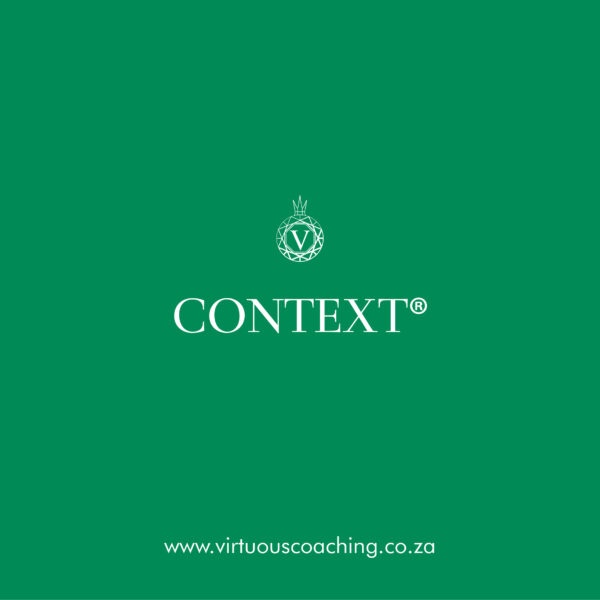
People exceptionally talented in the Context CliftonStrengths® theme enjoy thinking about the past. They understand the present by researching its history.
You look back. You look back because that is where the answers lie. You look back to understand the present. From your vantage point the present is unstable, a confusing clamor of competing voices. It is only by casting your mind back to an earlier time, a time when the plans were being drawn up, that the present regains its stability. The earlier time was a simpler time. It was a time of blueprints.
As you look back, you begin to see these blueprints emerge. You realize what the initial intentions were. These blueprints or intentions have since become so embellished that they are almost unrecognizable, but now this Context theme reveals them again. This understanding brings you confidence. No longer disoriented, you make better decisions because you sense the underlying structure. You become a better partner because you understand how your colleagues came to be who they are. And counterintuitively you become wiser about the future because you saw its seeds being sown in the past.
Faced with new people and new situations, it will take you a little time to orient yourself, but you must give yourself this time. You must discipline yourself to ask the questions and allow the blueprints to emerge because no matter what the situation, if you haven’t seen the blueprints, you will have less confidence in your decisions.
This is a Strategic Thinking Talent Theme
Those with dominant Strategic Thinking themes are the ones who keep the team focused on what could be. They are constantly absorbing and analyzing information and helping the team make better decisions. People with strength in this domain continually stretch the team’s thinking for the future.
Context (Short Version)
Theme Thursday
Action Items for This Theme
- Collect memories through photographs and written materials — they can be motivational for you.
- Read historical novels, non-fiction, or biographies. You will discover many insights that will help you understand the present. You will think more clearly.
- Before planning begins on a project, encourage your colleagues to study past projects. Help them appreciate the statement that “those who cannot remember the past are condemned to repeat it.”
- If you are in a role that requires teaching others, build your lessons around case studies. You will enjoy the search for the appropriate case, and your students will learn from these precedents. Use your understanding of the past to help others map the future.
- Help your organization strengthen its culture via folklore. For example, collect symbols and stories that represent the best of the past, or suggest naming an award after a person who embodied the best of the past.
Be ready to:
- Partner with someone with a strong Futuristic or Strategic theme. This person’s fascination with what “could be” will stop you from becoming mired in the past, while your deep understanding of Context will stop him or her from ignoring the lessons of the past. Together you are more likely to create something that lasts.
- Accept change. Remember that the Context theme does not equate with “living in the past.” Instead, you can actually become known as an active agent for positive change. Your strong Context theme should allow you to identify more clearly than most the aspects of the past that can be discarded, and those that must be retained in order to build a sustainable future.